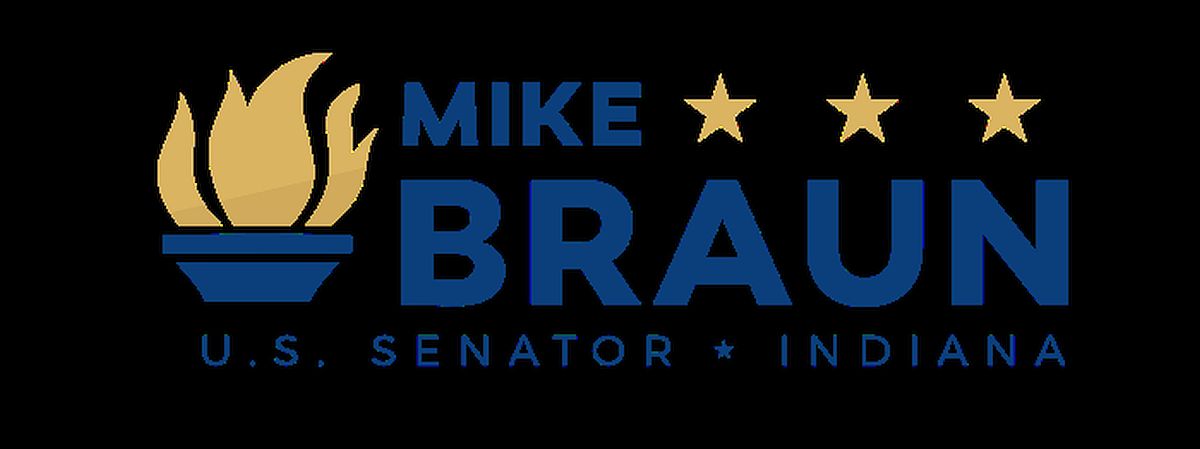Senator Braun led members of the Indiana delegation in sending a letter to the Environmental Protection Agency’s (EPA) on the impact the newly released draft risk evaluation for formaldehyde would have on critical industries in Indiana. The EPA’s proposal would establish a de facto ban on formaldehyde manufacturing, which disproportionately affects the production and accessibility of epi-pens, metered dose inhalers, seatbelts, electric toothbrushes, crop protection products, wood furniture, and funeral home services and departs from the international consensus on formaldehyde. More Hoosiers are employed in manufacturing than any other industry.
The lawmakers wrote:
“We write to you today regarding the U.S. Environmental Protection Agency’s (EPA) newly released draft risk evaluation for formaldehyde under the Toxic Substances Control Act (TSCA). As you may know, formaldehyde is a “building block” chemical that has diverse applications throughout the Hoosier State in agriculture, automotive manufacturing, building and construction, consumer goods, and healthcare…
We believe that Congress and the Administration should encourage, not hinder, the expansion of America’s critical manufacturing sectors, and we understand that regulatory certainty is critical to assisting this imperative.”
Senator Braun’s letter to the EPA was cosigned by members of the Indiana delegation including Sen. Todd Young, Rep. Mrvan, Rep. Baird, Rep. Spartz, Rep. Pence, Rep. Banks, Rep. Bucshon, Rep. Yakym, and Rep. Houchin.
Read the full letter here or below.
Dear Administrator Regan:
We write to you today regarding the U.S. Environmental Protection Agency’s (EPA) newly released draft risk evaluation for formaldehyde under the Toxic Substances Control Act (TSCA). As you may know, formaldehyde is a “building block” chemical that has diverse applications throughout the Hoosier State in agriculture, automotive manufacturing, building and construction, consumer goods, and healthcare.
Due to its versatility, formaldehyde is one of the most well-studied, well-understood compounds in commerce. Federal agencies, including the Food and Drug Administration, Occupational Safety and Health Administration, Department of Housing and Urban Development, and Consumer Product Safety Commission, have promulgated clear records in support of formaldehyde’s safety in a variety of applications.
Foreign regulators, including the European Union (EU), share this understanding. In July 2023, the EU finalized its formaldehyde risk evaluation and, in careful consideration of the data, implemented a permissible worker exposure level of 300 parts per billion (ppb). The EU’s new risk evaluation was considered to be a “win-win” for labor, consumers, and manufacturers.
We are concerned that EPA’s draft TSCA risk evaluation for formaldehyde may depart from the international consensus and establish unreasonable restrictions on formaldehyde by setting a risk exposure standard that is significantly lower than that which manufacturers would reasonably be able to meet. We are seriously concerned with the disproportionate impact that an extremely low standard will have on critical industries in Indiana.
As we state above, formaldehyde has diverse applications that span numerous sectors of the economy. EPA’s proposal would establish a de facto ban on formaldehyde, disproportionately impacting the production and accessibility of epi-pens, metered dose inhalers, seatbelts, electric toothbrushes, crop protection products, wood furniture, and funeral home services. The downstream effect will be felt far and wide if these supply chains are disrupted by an unachievable standard that is not aligned with sound science.
We believe that Congress and the Administration should encourage, not hinder, the expansion of America’s critical manufacturing sectors, and we understand that regulatory certainty is critical to assisting this imperative.
Therefore, consistent with TSCA and past practice, we would encourage EPA to consider a full interagency review process for any draft or final risk evaluation that could impact the utilization of formaldehyde. We also would request this process be overseen by the White House Office of Management and Budget, include a process consistent with Executive Order 12866, last at least 60 days, and seek input from all relevant agencies and sub-agencies.
We are very proud of the manufacturing sites in Indiana, where formaldehyde has been used in a controlled and safe manner for decades, and would welcome the opportunity to assist with any visits to these sites from EPA officials.










